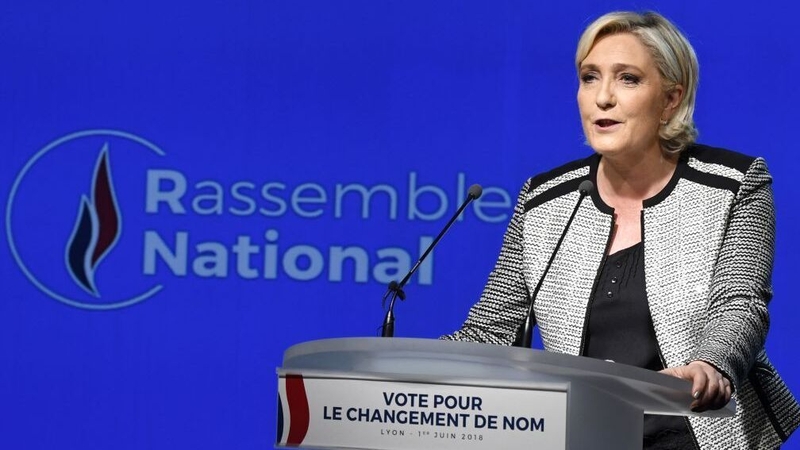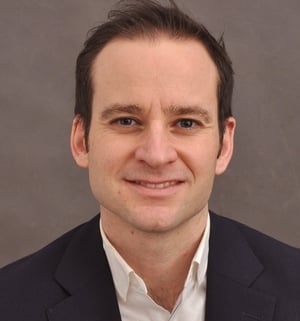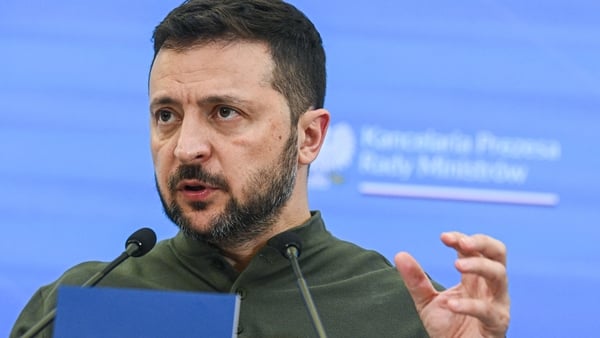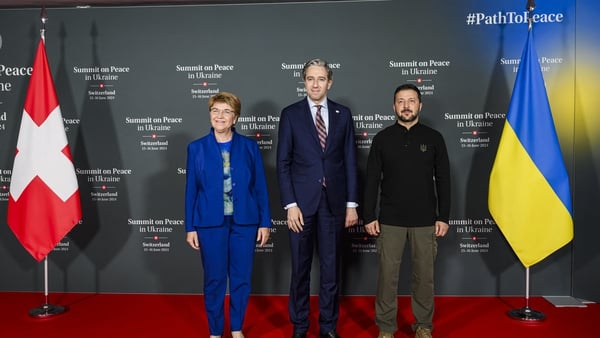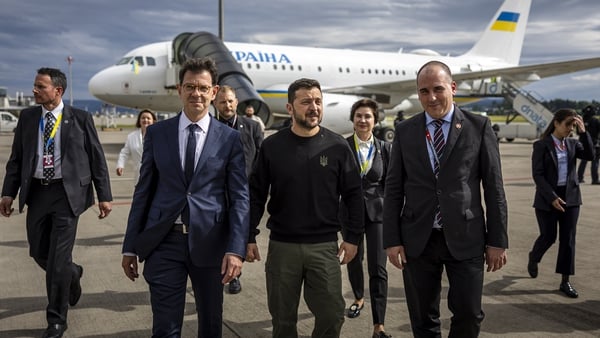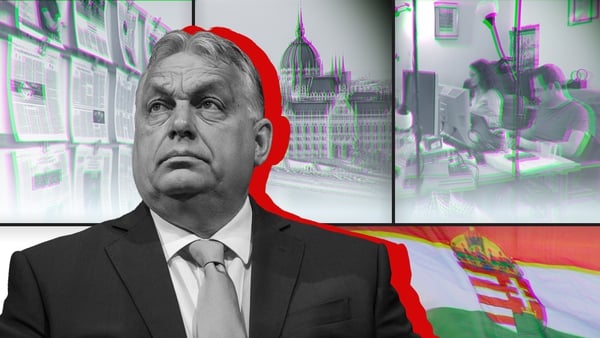Latest polling for today's second round vote in the French parliamentary election indicates that the far-right Rassemblement National (RN) will fall short of winning an absolute majority in the country's national assembly.
The RN won 33% of the popular vote in the first round two weeks ago, a slight increase on the percentage of votes the party won in the European elections in early June, and making it the country’s most popular party.
Despite the RN's historic gains on 30 June, pollsters OpinionWay and Harris-Interactive predict that the party will win between 190 and 230 seats in today's run-off vote.
That is far short of the 289 seats required for an absolute majority.
It is also uncertain whether the left-wing bloc, le Nouveau Front Populaire (NFP), and centrist Ensemble, will be capable of forming a majority government, on ideological grounds rather than sheer numbers.
The NFP includes the hard-left La France Insoumise (LFI), led by veteran firebrand Jean-Luc Mélenchon.
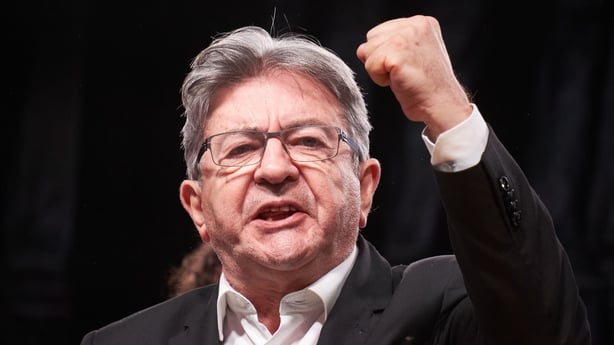
LFI has strongly opposed President Emmanuel Macron's pension reforms and wants to introduce a more liberal asylum application system, which is at odds with Ensemble's increasingly tough stance on immigration.
While Mr Mélenchon has encouraged left-wing voters to support candidates other than the RN, Prime Minister Gabriel Attal warned centrist voters against supporting LFI candidates on the NFP ticket.
A centrist-left coalition that includes both Ensemble and the LFI is unlikely.
The RN, if supported by a handful of deputies from the centre-right Les Républicains, could cobble together a minority government.
A hung parliament is another likely scenario.
A RN-led government, even a minority one, will have consequences for French foreign policy, particularly the war in Ukraine.
Jean-Yves Camus, a political analyst who researches far-right groups in Europe, told RTÉ News that the RN's policy of prioritising spending on domestic issues would result in a reduction of foreign aid and less international cooperation.
"Within the ranks of the party, there is this isolationist trend, this vision of France as a superpower," said Mr Camus, a research fellow at the French Institute for International and Strategic Affairs in Paris.
The RN's defence manifesto from 2022, published as part of former party leader Marine Le Pen’s presidential campaign that year, called for a French withdrawal from NATO’s integrated command structure, a new strategic agreement with the United States and "dialogue with Russia".
Ms Le Pen also opposed initial sanctions against Russia in late 2022.
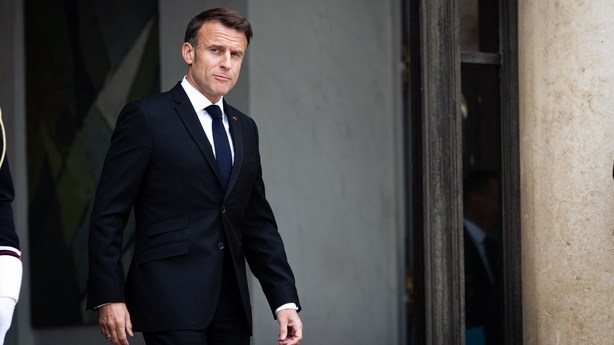
Under Mr Macron, French support for Ukraine has been one of the staunchest among European countries, providing Kyiv with €3.8bn in military aid during 2022 and 2023.
The RN shares none of Mr Macron's increasingly hawkish stance for arming Ukraine.
The party’s 28-year-old president, Jordan Bardella, has said that he opposes providing Ukraine with long-range missiles and any moves to deploy French troops or military instructors to Ukraine.
Last February, at a meeting of Western leaders in Paris, Mr Macron said that "no option should be discarded" when it comes to supporting Ukraine.
His comments suggested that he was not ruling out the deployment of French ground troops to Ukraine in the event of further Russian territorial gains.
In May, the French president argued that Ukraine should be allowed to use long-range missiles to attack Russian military targets from where missiles had been fired, which implies bases within Russia.
At the same time, Mr Bardella has described Russia as a "multi-dimensional threat" for France and Europe and, during a televised election debate on 27 June, said that Russia must not be allowed to "absorb" Ukraine.
Those comments suggest the RN wants to distance itself from Moscow and the party has dropped any mention of its pledge from 2022 for "dialogue with Russia".
Yet, not arming Ukraine with long-distance missiles also signals that the party wants to contain the conflict, rather than give Ukraine the means to alter the course of the war in its favour.
The RN's voting record displays a more tepid stance on support for Ukraine too.
Last March, the party's deputies in the national assembly abstained from voting on a security pact between France and Ukraine.
In signing the 10-year agreement, France committed to bolstering Ukraine’s air defence capabilities, training Ukrainian soldiers and supporting Ukraine’s "pathway to a future in NATO".
With the pact, France also committed to providing Kyiv with €3bn in military aid by the end of this year.
Mr Attal criticised the RN's abstention as "turning one’s back on our history".
Ms Le Pen defended her party's position, accusing the government of creating a situation where deputies were portrayed as either pro-Macron or pro-Putin.
It is worth noting that the far-left LFI voted against the France-Ukraine security pact, underscoring that the gap between Mr Macron’s centrists and the far-left on Ukraine is just as wide as it is with the extreme-right.
Writing in Foreign Policy, Célia Belin and Mathieu Droin, two French political scientists, said that the RN "reclaims its national right to make independent choices regarding allies and partners, including Russia."
The war in Ukraine, they believe, would be "the most sensitive topic" in any potential cohabitation between Mr Macron and a RN-led government.
A majority French voters did not share Mr Macron’s enthusiasm for sizing up to the Kremlin either.
A survey by French pollster Odoxa, conducted in February just days after Mr Macron made his comments about not ruling out any options to support Ukraine, found that 68% of respondents disagreed with the president.
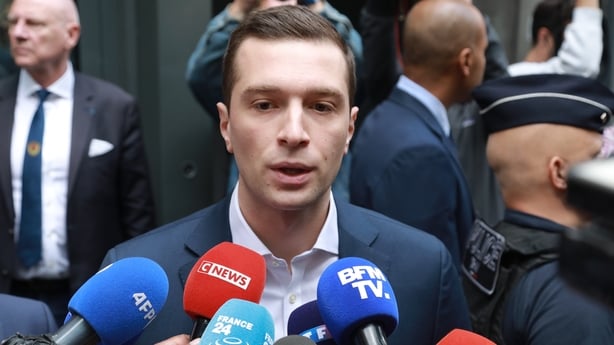
Despite Mr Bardella's more critical stance towards Moscow, Ms Le Pen still holds sway over the party and has the ability to strike discord with the president's camp.
She caused a furor days before the first round vote, when she said that the president's role as commander-in-chief of France's armed forces was an "honorary title".
The prime minister, she said, is the one who "holds the purse strings".
Throughout the past six decades of the French Fifth Republic, foreign and defence policy have been viewed as the "domaine réservé" of the French president. Prime ministers who tried to wade into foreign policy were soon rebuked by sitting presidents of the day.
Ms Le Pen's remarks suggest that a RN-led government would try to break with that convention, or at least, adopt a confrontational approach towards Mr Macron on foreign policy.
Mr Camus described Ms Le Pen's comments as "quite disdainful" towards Mr Macron.
"Only the president can push the button of nuclear weapons. The prime minister doesn't even have the codes," he said.
In an interview with CNN, aired on Friday, Ms Le Pen doubled-down on her remarks about not sending French troops to Ukraine.
"The prime minister has the final say," she said.
Mr Macron and Ukrainian President Volodymyr Zelensky enjoy a good working relationship and that will continue regardless of today's result. The Franco-Ukrainian security pact commits France to supporting Ukraine militarily for the next decade.
And despite Ms Le Pen's posturing, the French president will not relinquish control of foreign policy over the final three years of his second term.
But a RN government would make it harder for Mr Macron to pursue his vision of all-out French support for Ukraine.
